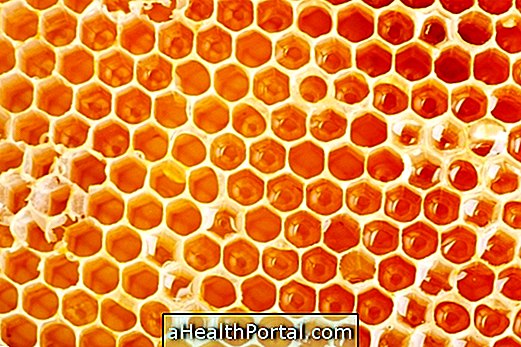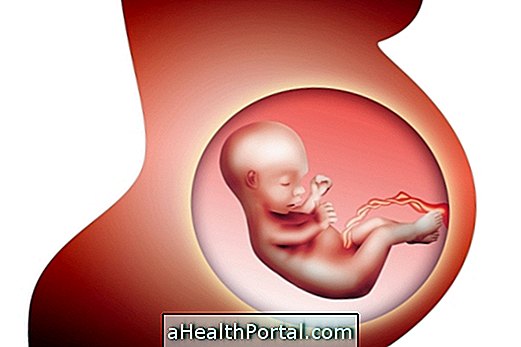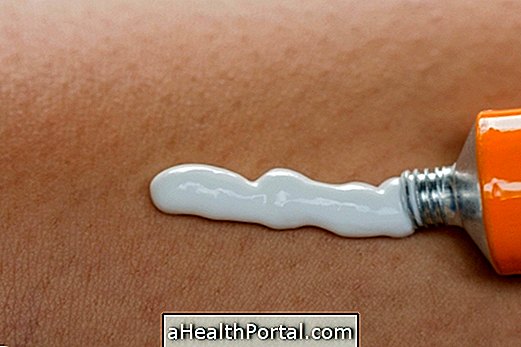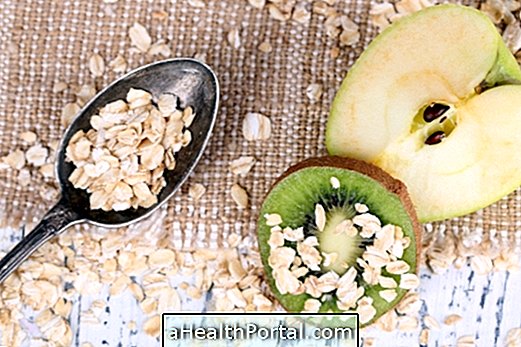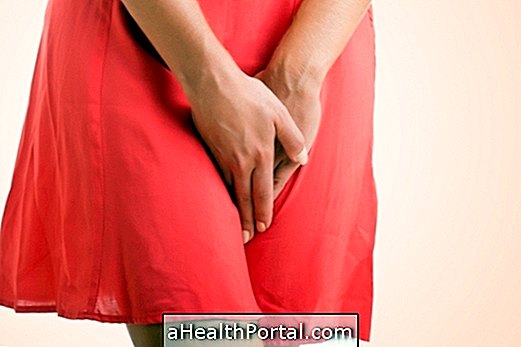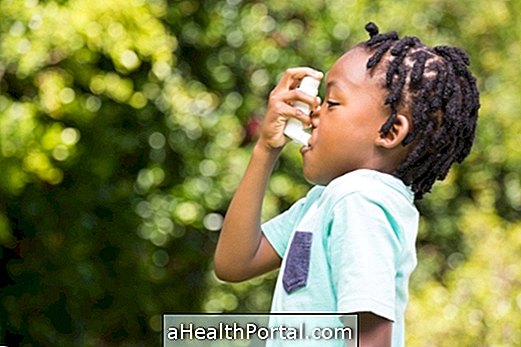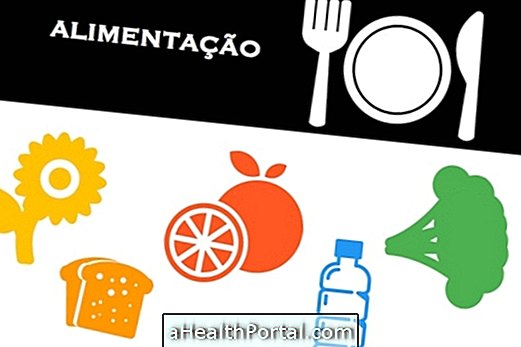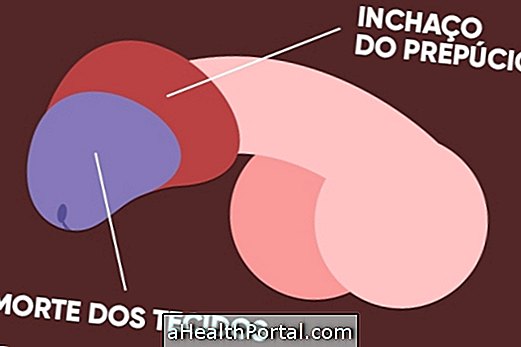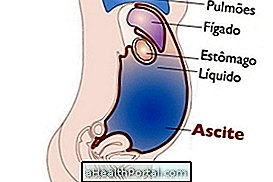Childhood anxiety can manifest itself from the earliest years of life, if it is an insecure child or if you are facing a new situation and do not know how to deal with it.
It is common for a child to experience anxiety symptoms when the parents separate, when they change their home, change schools or when a loved one dies, and therefore in these situations parents should be aware of the behavior of the child, checking if he is happy and comfortable with the situation.
Usually when the child feels safe, protected and protected, it becomes calmer and calmer. Talking with the child, looking into their eyes, trying to perceive their point of view helps to understand their own feelings, contributing to their development.
Symptoms of anxiety in the child
The symptoms of anxiety in the child can manifest themselves through:
- Always saying that you are hungry;
- Change in behavior or state of mind in relation to any situation or news;
- Cry a lot;
- I can not sleep;
- Be restless;
- Show yourself aggressive or uncomfortable with something;
- Back to thumb sucking or peeing pants;
- Develop speech problems.
When these symptoms are mild and transient there is no cause for concern. However, when it takes more than 3 days to pass, parents or caregivers should be vigilant and try to help the child through this phase.
How To Control Anxiety in Children
To control child anxiety you should make her feel safe and protected.
Treatment for anxiety in the child involves parents and teachers who should clarify the doubts the child and make them feel loved and integrated. Collaboration and help from a psychologist may be necessary.
Remedies for anxiety are not suitable for children, but some natural solutions are to provide a diet rich in soothing foods and tryptophan, which promotes well-being.
Here's how to fit your child's food into: Foods against anxiety.




